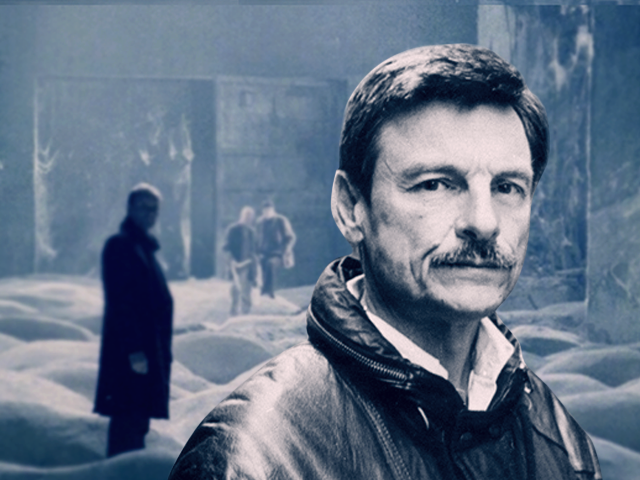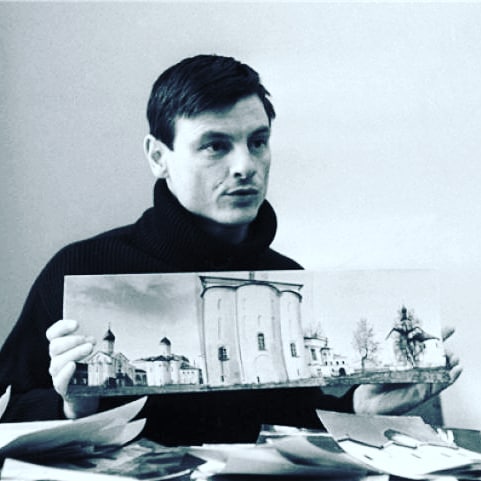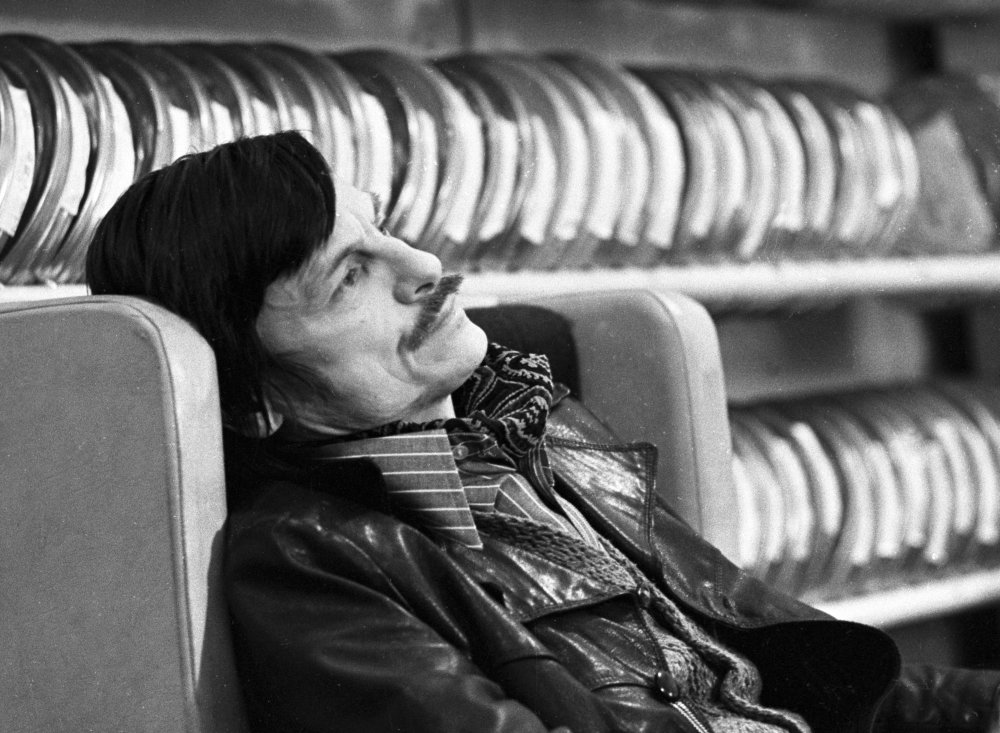The influence of Andrei Tarkovsky's films on world culture
There are things that you simply must know - and among them, of course, Tarkovsky. For Western filmmakers, it's the God of Cinematography, ”said British filmmaker Danny Boyle. Many modern filmmakers proudly consider themselves, if not students and followers, then at least fans of Tarkovsky, who really had a huge impact on world cinema.
The most vivid example of recent times is the film "The Survivor" by Mexican director Alejandro Gonzalez Iñarritu, in which critics and attentive viewers found a number of quotes and borrowings from Tarkovsky. At the same time, Iñarritu never hid his love for Tarkovsky's films, and while preparing for the filming of The Survivor, he even handed the production designer Jack Fisk a disc with Andrei Rublev, and he immediately understood what kind of film it would be.
The Dane Lars von Trier, who dedicated his film Antichrist to the master, is considered to be Tarkovsky's "main student" in the West. Director Andrei Zvyagintsev pointed out the direct connection between Antichrist and Tarkovsky's legacy, referring to the entry in Martyrologue, which became, as it were, the source of von Trier's film: “New Joan of Arc” is a story about how one man burned his beloved, tying her to a tree and setting up a fire under her feet. For a lie. " References to Tarkovsky can be found in many other films of Trier, and one of the chapters of Nymphomaniac is even called The Mirror.
Turkish director Nuri Bilge Ceylan, winner of the Palme d'Or for Winter's Sleep, rates Mirror above all other films in world cinema. On the second place in the list of his personal passions - "Andrey Rublev". Ceylan said about Tarkovsky:
After watching his films, you can no longer look at the world as you did before. Your worldview immediately changes - there are so many different nuances, new details ... Tarkovsky opened a new vision of life in all aspects - in language, in the manner of storytelling. It was his own message to the world, which turned out to be close to many.
The influence of this message is evident in every Ceylan film. All of them are close to Tarkovsky both in the pictorial solution, and in intonation, and in meanings.
Turkish director Semih Kaplanoglu continues the Tarkovsky tradition:
Tarkovsky is one of the most important directors for me. At one time, his films changed my view of cinema, I realized that poetry can be created not only on paper, but also on the screen.
Kaplanoglu's dystopia "Grain" (2017) is a free retelling of "Stalker" by the Strugatskys, a kind of dedication to Tarkovsky's film.

American director Steven Soderbergh even dared to challenge Tarkovsky in the form of a remake. He presented his version of Solaris (2002) not as an independent adaptation of Stanislav Lem's novel, but as a rethinking of the cult film by Tarkovsky, as a creative dialogue three decades later.
Critics have also noted a clear connection to Solaris in Christopher Nolan's Interstellar. This applies to both general motives (for example, juxtaposition of space and home), and manner of storytelling.
In his love for Tarkovsky, Tarsem Singh, an American director of Indian origin, whose childhood was spent in Iran, is also explained. Talking about his film "Snow White: Revenge of the Dwarfs" (originally - "Mirror Mirror", that is, "Mirror Mirror"), he admitted that when creating a snow-covered forest he was inspired by shots of a birch grove from Ivanov's childhood. But even before he got into big-time cinema, Singh candidly quoted "Sacrifice" in his set for the American rock band R.E.M. music video Losing My Religion (1991).

In Russia, critics from the first films consider Alexander Sokurov to be the "successor of Tarkovsky", and Andrei Zvyagintsev earned the title "our Tarkovsky today" from them. Konstantin Lopushansky admitted that his experience as an assistant to Tarkovsky at Stalker helped him to form as an artist.